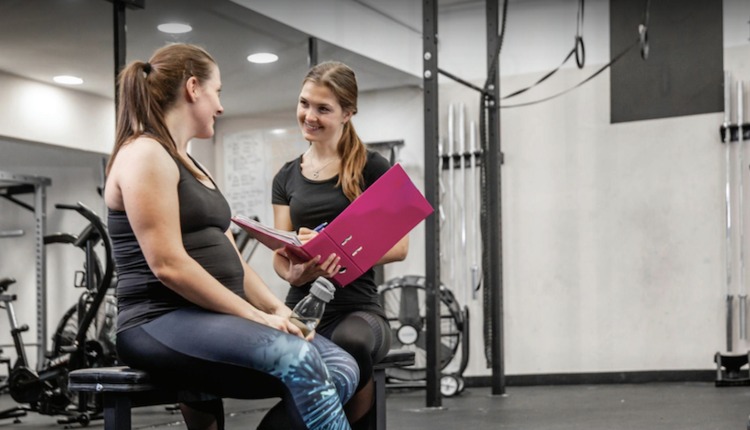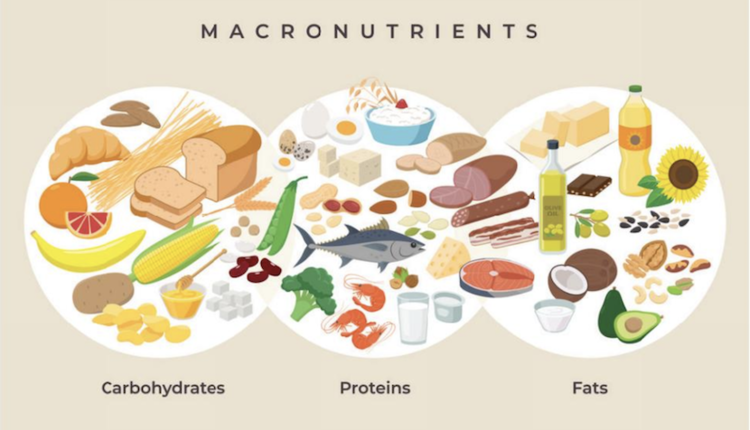
The topic of nutrition is challenging in the fitness world. Personal trainers understand the importance of nutrition to help clients reach their full potential, but limitations on the scope of practice present a dilemma. The question becomes, how can trainers educate clients but also stay within their scope of practice?
Here are 3 solid tips to help you navigate this slippery slope.
1. Give general guidelines, never specific meal plans. What can you say when your client asks, “What should I eat after I workout?” If you do not have a nutrition certification, then stay within your scope of practice and respond with a general recommendation. For example, “The general recommendation is to make sure you consume a good source of protein within 40-60 minutes after completing a workout.”
What if they ask you what to eat before a workout? Although you might want to offer a suggestion like, “Eat half a banana with peanut butter,” the line is so fine that it is better to err on the side of caution and keep everything general. A better response would be, “The general guideline is to eat a combination of carbohydrates and protein before a workout.”
Although it can be frustrating to not be able to offer a specific recommendation, it’s more important to stay in your lane and do what you love to do most — design training programs for your clients. Then review the next tip for another solution to this dilemma.
2. Collaborate with a certified nutritionist. Nutrition is so confusing to most. Knowing the basics of nutrition can help, but putting the entire puzzle together can be the roadblock for success. There is so much information out there, it would be an entire new job to learn the truths behind eating clean. It is so much more than calories in and calories out, and not one client is created equal.
The quote, “Do what you do best and hire out the rest,” is especially appropriate when it comes to nutrition. Collaborating with a certified nutritionist to help your clients reach their goals is a simple solution to take nutrition off your PLATE (pun intended). Search for like-minded nutritionists who understand your clients’ needs and can deliver the nutrition advice they need. This team approach is good for your clients and good for you.
3. Lead by example. Food is our energy and yes, pleasure. Seventy to eighty percent of fitness success is diet and 1% of clients do their homework. You started in this industry because of your love of fitness. You know how to get it done, you don’t find excuses and put all the work in. Getting clients to have that same passion starts with their trainer. They trust you and they are loyal to you.
The best nutrition advice you can give is to be a role model for your clients. They are always watching what you do and look to you as a leader in their health and wellness journey. Stay on point with your own nutrition and exercise programs, and you will lead your clients to success.















